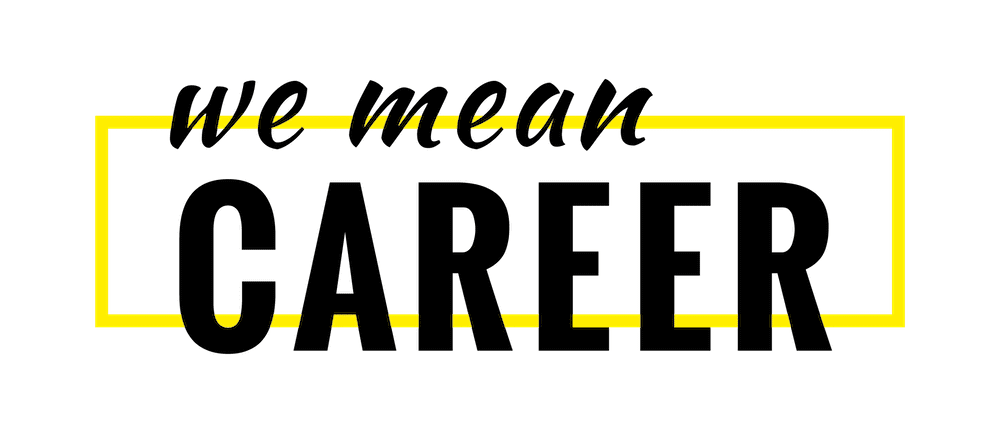7 QUESTIONS TO NEVER ASK IN A JOB INTERVIEW
Employers use job interviews to see if you’re a good fit for the role and company. They’re also a great way for you to check if the job is right for you, which means asking some questions.
Asking questions during an interview shows you’re taking the process seriously and want to check the role and team are suitable.
However, there are some questions that are major red flags for most interviewers. It’s important to avoid these if you can, as they can hinder your chances of securing a job.

Here are 7 questions you should avoid at all costs:
1. Questions about the salary or benefits
A job’s salary and other company benefits are normally shown on job adverts to give you a rough idea of how much you will be compensated for the role.
But, if this information isn’t available or you have any further questions, you should wait until you get a job offer to start negotiating. It’s not appropriate to ask about this in the first interview.
Remember, the initial interview should be more about selling yourself to the interviewer and discussing the role itself than talking about money.
2. Anything that shows you haven’t done your research
Asking questions about the company can show that you’re being thoughtful, but be careful that you’ve done enough research first so you don’t look unprepared!
Detailed job descriptions are often provided with job listings, and lots of other information should be available online about the company.
If it’s something you could’ve found in a Google search or on the job description, you shouldn’t ask about it in an interview as this suggests you’re not that enthusiastic about the role.
Make sure you do your research first. If you have good background knowledge about the company and then find you need some additional information, this is a suitable question.
3. Questions about working hours or vacations
Even if getting the right work-life balance is the most important thing to you, you should save any questions about working hours until you actually have a job offer.
At the interview stage, you should focus on why you’re interested in the role itself. Otherwise, it can come across as though you’re more interested in this than the company and position.
4. Asking if you can work from home
Unless it’s stated or implied in the job description, you should also save questions about working from home until you’ve been offered a job – otherwise, it can seem a bit premature.
Although some companies do allow working from home or flexible working, this is more of a perk, and the interview isn’t the time to be asking for favors. You need to sell yourself first!
5. Do you have any other positions apart from this one?
Not only can this question be seen as a bit rude and arrogant, it also shows a lack of interest in the role you’re interviewing for.
Focus on the job itself, as this shows you’re a great candidate! There’s always time to talk about other positions within the company later on.
6. How soon do employees get promoted?
Another question to avoid at the interview stage is how soon you might get promoted. It’s good to be ambitious, but this can be inappropriate and can make you seem entitled.
Instead of asking when you might get promoted, a better approach is to ask about how you can progress, as this shows a willingness to learn and grow professionally.
7. Any question that shows you haven’t been listening
Finally, it’s essential in an interview to listen carefully to the interviewer and engage in a conversation with them. Like any social interaction, they will notice if you haven’t been listening.
For example, if the interviewer is talking about a particular project or your working hours, asking a question about one of these topics will show a lack of respect.
On the other hand, asking meaningful questions about something that’s relevant to your conversation can give you the edge, as it shows you’re paying attention in the conversation.



